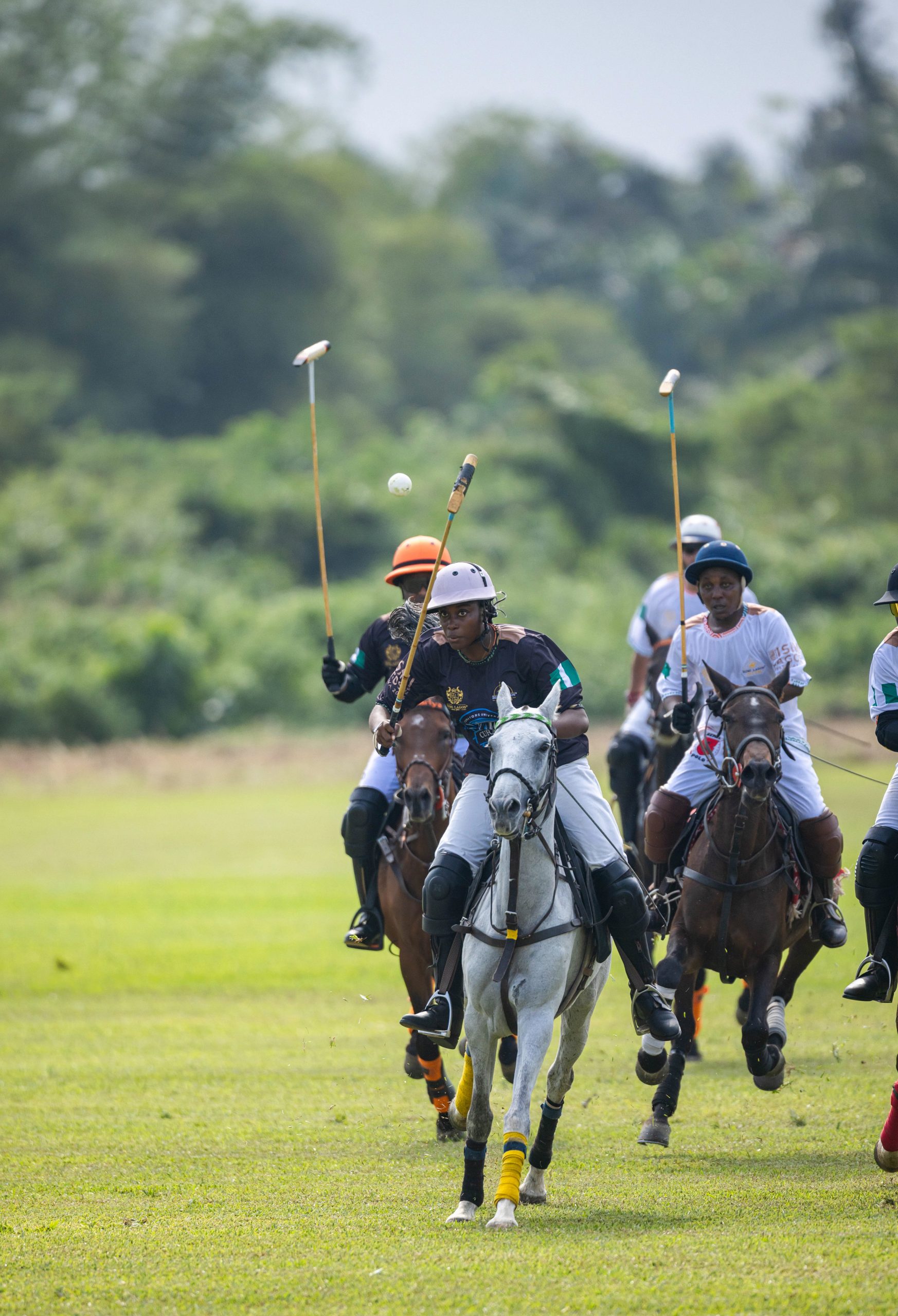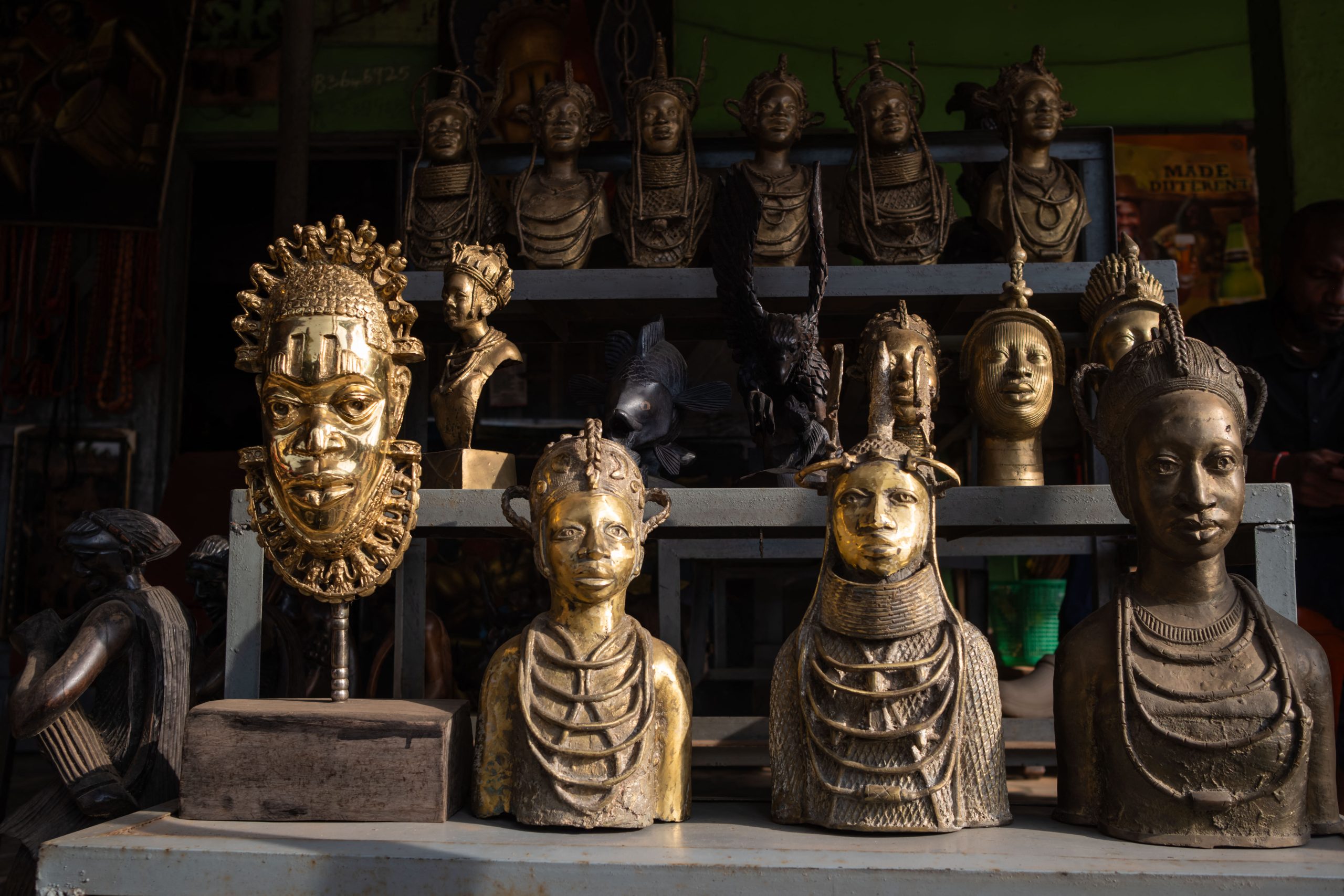– Minister Seeks Cooperation Of Nigerians In Contact-Tracing
As COVID-19 virus continues to spread rapidly globally, the World Tourism Organisation (UNWTO) has hosted a high-level virtual meeting, bringing together key UN agencies, the chairs of its Executive Council and Regional Commissions, as well as private sector leaders. Tourism is the economic sector that has been hardest hit by COVID-19 and all participants accepted an invitation from the UNWTO Secretary-General to become part of a Global Tourism Crisis Committee, formed as UNWTO prepares to launch a global guide for recovery.
The UNWTO-led Committee will hold regular virtual meetings, reflecting the need for coordinated and efficient action by the private and public sectors, governments, international financing institutions, and the United Nations.
Since the start of the pandemic, UNWTO has been working closely with the World Health Organisation (WHO) to guide the tourism sector as it faces up to the COVID-19 challenge. This meeting, hosted in Madrid, but conducted virtually for reasons of public health, further emphasised the call for international cooperation to underscore a united response based on the latest public health recommendations and reflecting the deep economic ripple effect and social cost of the pandemic.
“This unprecedented public health emergency has already become an economic crisis, which will come at a social cost,” said UNWTO’s Zurab Pololikashvili.
The Secretary-General added that tourism “is the hardest hit sector and all our best estimates have been overtaken by the changing reality.”
Without any certainty over how long this crisis will last or what the final economic and structural impact on tourism might be, all participants were united in their deep concern over the millions of jobs that are at risk of being lost. With small and medium-sized enterprises making up 80 per cent of the sector worldwide, the wider social impact of the crisis will go far beyond tourism, making it a key concern for the international community.
Tourism has proven in the past to be a reliable partner to lead recovery for societies and communities, but only if the economic policies of governments and the support packages of donor and financing agencies reflect how the sector touches on every part of society.
“The livelihoods of millions of people and their families are at stake, be it in urban centres or in remote communities where tourism is sometimes the main income generator and a vehicle for social inclusion, protecting heritage and kick-starting development,” Mr Pololikashvili said.
This requires political recognition and cooperation across ministries, involving the public and private sectors and set against the backdrop of wider action plans by financial institutions and regional bodies.
In the coming days, UNWTO will release a set of recommendations for recovery. The document will highlight the steps governments and other authorities need to take to mitigate the impact of COVID-19 on the tourism sector and to then accelerate recovery.
Meanwhile, the outcome of the meeting will be factored into UNWTO’s recommendations. These will be complemented by a dynamic component aimed at engaging with innovators across the world through an innovation challenge centred on tourism’s response. Launched with the support of WHO, this challenge will identify new ideas that can be implemented to help tourism return to sustainable growth.
Participants in coordination meeting agreed that this is “a shared challenge that can only be tackled by working together, with recovery dependent on a joint effort on a scale never seen before.”
The participants accepted UNWTO’s invitation to be part of a global coordination committee, which will hold regular virtual meetings to evaluate and advance recommendations as the situation evolves.
The UN’s key tourism-related agencies would all be participating, along with WHO and the main representatives of the airline and maritime transportation sectors, as well as the private sector.
UNWTO members are a critical part of this committee, represented through the regional chairs and the chair of the Executive Council.
From within the United Nations, the virtual meeting was attended by WHO Director of Health and Multilateral Partnerships Gaudenz Silberschmidt (sitting in for Director-General Dr. Tedros Adhanom Ghebreyesus), the Secretary-General of ICAO (International Civil Aviation Organization), Dr. Fang Liu, and the Secretary-General of the IMO (International Maritime Organisation) and Mr. Kitack Lim.
UNWTO Members were represented by the Chair of UNWTO Executive Council Najib Balala, Cabinet Secretary for Tourism and Wildlife, Kenya, and by the Chairs of UNWTO’s Regional Commissions: for Africa, Mr. Ronald K. Chitotela, Minister of Tourism, Zambia; for the Americas, Edmund Bartlett, Minister of Tourism, Jamaica; for Asia and the Pacific, Mohd Daud, Undersecretary of Tourism Policy and International Affairs, Malaysia, and for South Asia, Ali Waheed, Tourism Minister, Maldives; for Europe, Harry Theoharis, Minister of Tourism, Greece; and for the Middle East, Mohammed Khamis Al Muhairi, Undersecretary for Tourism, UAE. Special interventions were made by Reyes Maroto, Minister of Tourism, Spain, and by Ahmed bin Aqil Alkhateeb, Minister of Tourism of Saudi Arabia.
Representing the private sector were the Chair of the Board of UNWTO Affiliate Members and also Director of IFEMA Ana Larrañaga; Alexandre de Juniac, Director-General of the International Air Transport Association, (IATA); Adam Goldstein, Global Chair, Cruise Lines International Association (CLIA); Agnela Gittens, Director General of the Airports Council International (ACI), and Jeff Pool from the World Travel & Tourism Council (WTTC).
Meanwhile, Nigeria’s Minister of Information and Culture Alhaji Lai Mohammed has commended the Federal Ministry of Health and other agencies, who are in the forefront of the fight against coronavirus in the country.
Mohammed, who spoke during a press briefing in Abuja said, “Let me use this opportunity to commend all our first responders, the great team at the Federal Ministry of Health and the Nigeria Centre for Disease Control (NCDC), the Immigration officers and others at the ports of entry who, I will say, are in the forefront of this battle with an unseen enemy. We appreciate their sacrifice to keep us all safe. We also thank Nigerians for complying with all the preventive measures being put in place by the government. These include social distancing (deliberately increasing the physical space between people to avoid spreading illness. This entails staying at least six feet away from other people), cancellation of events likely to attract large number of people, quarantine, self-isolation, suspension of services.”
He informed that the government, at the highest level, is already leading by example, adding, “Mr. President has cut down the number of courtesy visits; he’s not shaking hands. One of the President’s daughters is in self-isolation. The meeting of the heads of state of the Chad Basin Commission, scheduled for next week, has been cancelled. Visitors to the State House get their hands sanitised and their temperature taken at several points before reaching the executive council chambers.”
The Minister, who noted that the Federal Government is aware that some political and religious leaders have either denied the existence of coronavirus or have defied the directives to avoid a large gathering, said, “Leaders of all hues must show great responsibility at this time. They must avoid putting the lives of not just their followers but also those of the general public in danger. Nigerians too must take responsibility, do what they are requested to do to stay safe and stop blaming others. For those who would continue to willfully flout the directives aimed at checking the spread of this disease, the long arm of the law will soon catch them.”
While urging Nigerians to cooperate with the government, especially in the area of contact tracing, Mohammed hinted that “health services use ‘contact tracing’ to find people, who may have been exposed to an infectious disease, in this case coronavirus. Those, who have come into close contact with others, who have coronavirus, are at higher risk of infection, and of potentially infecting others. For those who will not cooperate by submitting to the authorities, as required, the government will use all lawful means at its disposal to trace and bring them in.
Having now shut our gateway airports, the biggest assignment for us is ‘contact tracing’ to find all those who may have come into contact with those who have the disease.”
On the farce in some quarters that the disease cannot affect Africans for one reason or another, or that the young are immune to it, Alhaji Mohammed explained, “This is not true. Based on what we know so far, no one is immune to this disease. In New York, for example, 54 per cent of those infected are between the ages of 18 and 49. As the World Health Organisation (WHO) has warned, young people are not immune to coronavirus and must avoid socialising and communicating it to older, more vulnerable people.”
He informed that, as far back as January 31st 2020, the Federal Government had set up an Inter-Ministerial/Multi-Sectoral Preparedness and Response Committee to put in place an action plan for joint response, in the event that the importation of the disease occurs, to ensure its containment.
“The committee started work immediately and has been responsible for the formulation of many of the containment measures so far rolled out. And on March 9, 2020, President Muhammadu Buhari set up a Presidential Task Force for the Control of Coronavirus, especially the disease’s potential of causing significant disruption to health services in the country as well as impacting negatively on the economy.”
He continued: “While Nigeria has refused to succumb to panic in tackling this disease, it has not wavered in its preparedness. The government has taken a number of measures to contain the disease.”






